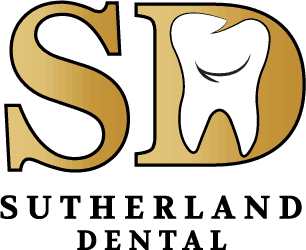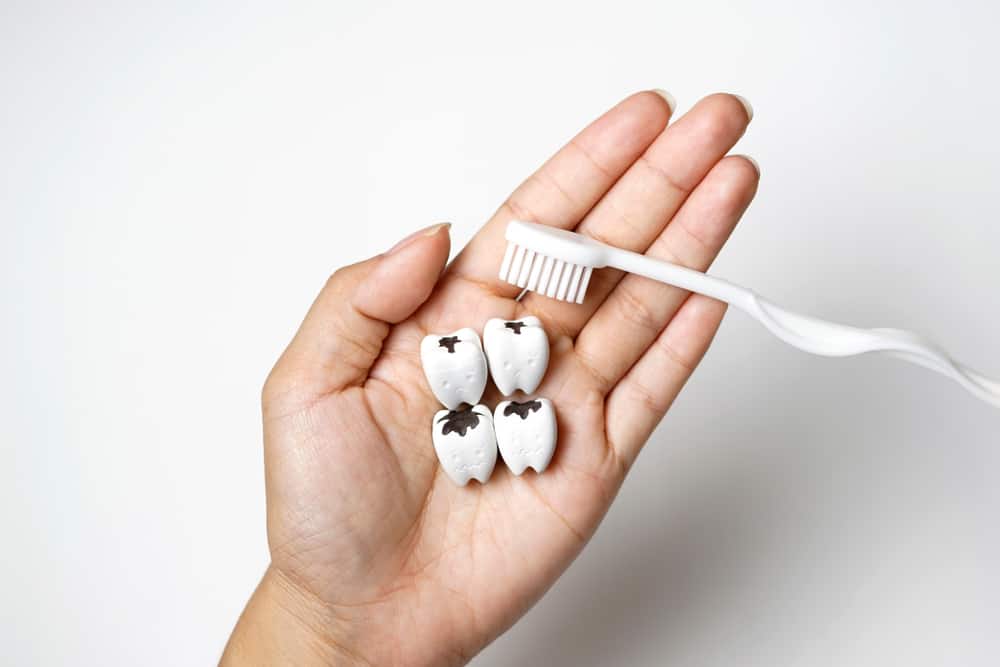Dental bridges are used to replace missing teeth. While they are generally very effective, there is a slight chance of developing tooth decay under the bridge. In this dental article post, we will discuss the causes and symptoms of tooth decay under a dental bridge. We will also cover treatment options and how to prevent tooth decay under a dental bridge.
-
What is a dental bridge, and what are its main components?
A dental bridge is a false tooth, also known as a pontic, used to fill a gap created by missing teeth. Bridges are usually prepared from porcelain or ceramic and are supported by two dental crowns placed over the adjacent teeth. Bridges can also be supported by implants, which are an effective way to restore the function and appearance of your smile.
-
What causes tooth decay under dental bridges, and how can it be prevented/treated?
One of the crucial things you can do for your teeth is to practice good oral hygiene. This means brushing and flossing regularly and visiting your dentist for regular checkups and cleanings. However, even with the best oral hygiene habits, it is still possible to develop tooth decay. One common cause of tooth decay is poor oral hygiene under dental bridges. Plaque and bacteria can build up in hard-to-reach areas, causing the enamel to break down and decay. In addition, food particles can become trapped under dental bridges, providing a food source for bacteria. To help prevent tooth decay under dental bridges, it is important to brush thoroughly, using a small-headed toothbrush to reach all surfaces. In addition, flossing at least once a day will help remove plaque and bacteria from between teeth. If you have dental bridges, visit your dentist regularly for professional cleanings.
-
What are the symptoms of tooth decay under dental bridges, and when should you seek treatment from a dentist?
Although dental bridges are typically very durable, they can still be susceptible to tooth decay. The most common symptom of decay under a bridge is the tooth’s small black or brown spot. However, neglect can also cause the tooth to become discoloured or cracked. If left untreated, tooth decay can eventually lead to pain and infection. If you suspect that you have tooth decay under your bridge, it is crucial to see a dentist as soon as possible. You can help prevent further damage and preserve your dental health by seeking treatment early.
-
How much does treatment for tooth decay under dental bridges cost, on average, and is it covered by insurance policies?
The average cost of treatment for tooth decay under dental bridges is $500 per tooth. However, the exact cost will depend on the severity of the tooth decay and the number of teeth that need to be treated. Most insurance will cover at least a portion of the cost of treatment for tooth decay under dental bridges. However, checking with your insurance provider is always best to see what your policy covers.
-
Are there any home remedies for treating tooth decay under dental bridges that patients can try before seeking professional help?
However, over time, tooth decay can still occur under the bridge. If this happens, seeking professional treatment as soon as possible is crucial to avoid further damage. In the meantime, a few home remedies may help treat tooth decay under dental bridges. First, try rinsing with a saltwater solution. This can help to remove bacteria and reduce inflammation. You can also gently brush the area with a soft-bristled toothbrush. Avoid using toothpaste or other abrasive products, as these can damage the bridge. Finally, suppose you are still experiencing pain or other symptoms. In that case, you can take over-the-counter pain medications until you can see a dentist.
Tooth Decay Treatment at Sutherland Dental in Australia
Tooth decay is a problem that can lead to other dental issues if left untreated. Sutherland Dental offers a variety of treatments for tooth decay, including fillings, crowns, and root canals. In addition, our experienced dentists help you get your smile back on track. So if you’re experiencing tooth pain or notice any signs of tooth decay, don’t wait – call us today!



